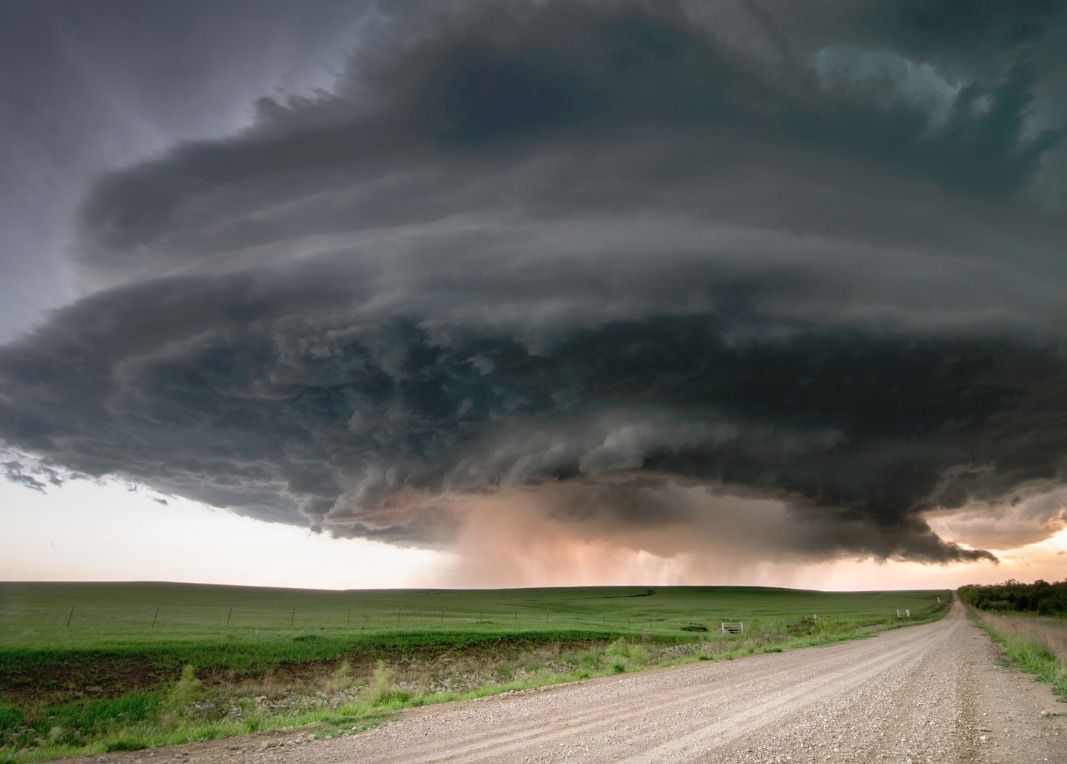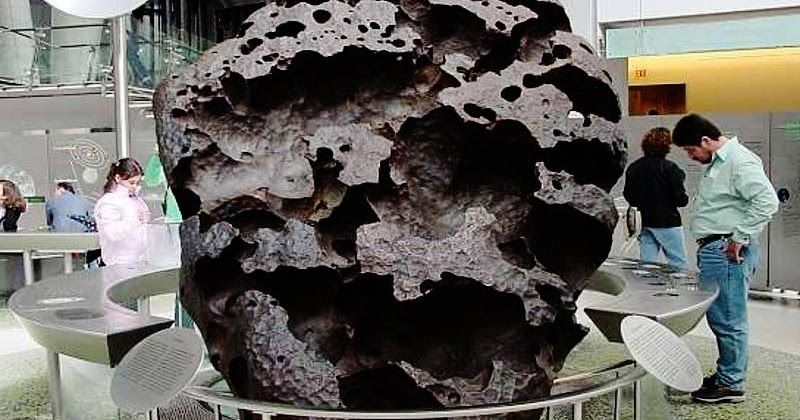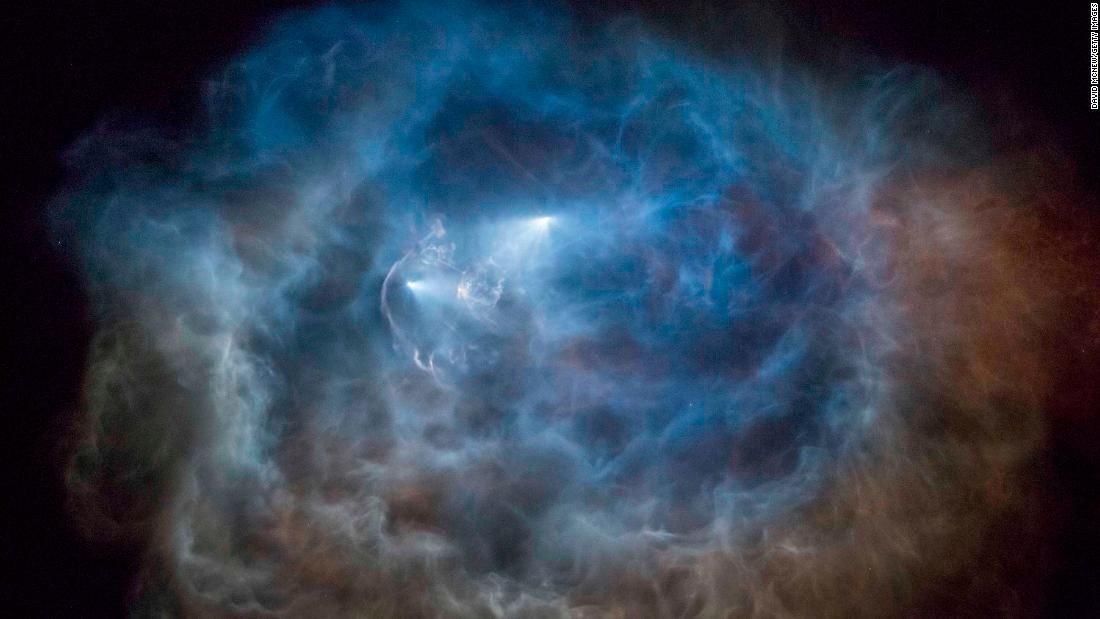Tornadoes are some of the most destructive weather events on the planet, so understanding how they form is vital in forming early warning systems that give people plenty of time to take cover. It’s long been thought that rotation in storm clouds is the very first sign that a twister is taking shape, but new research suggests that the cloud rotation might actually be the last piece of the tornado puzzle.
While monitoring a large tornado-producing storm in central Oklahoma, meteorologist Jana Houser of Ohio University gathered readings using a mobile Doppler radar that logged wind speeds twice per minute. This painted a detailed picture of the exact moment the clouds began to rotate, but it wasn’t until afterward that Houser and her fellow researchers noticed an anomaly.






